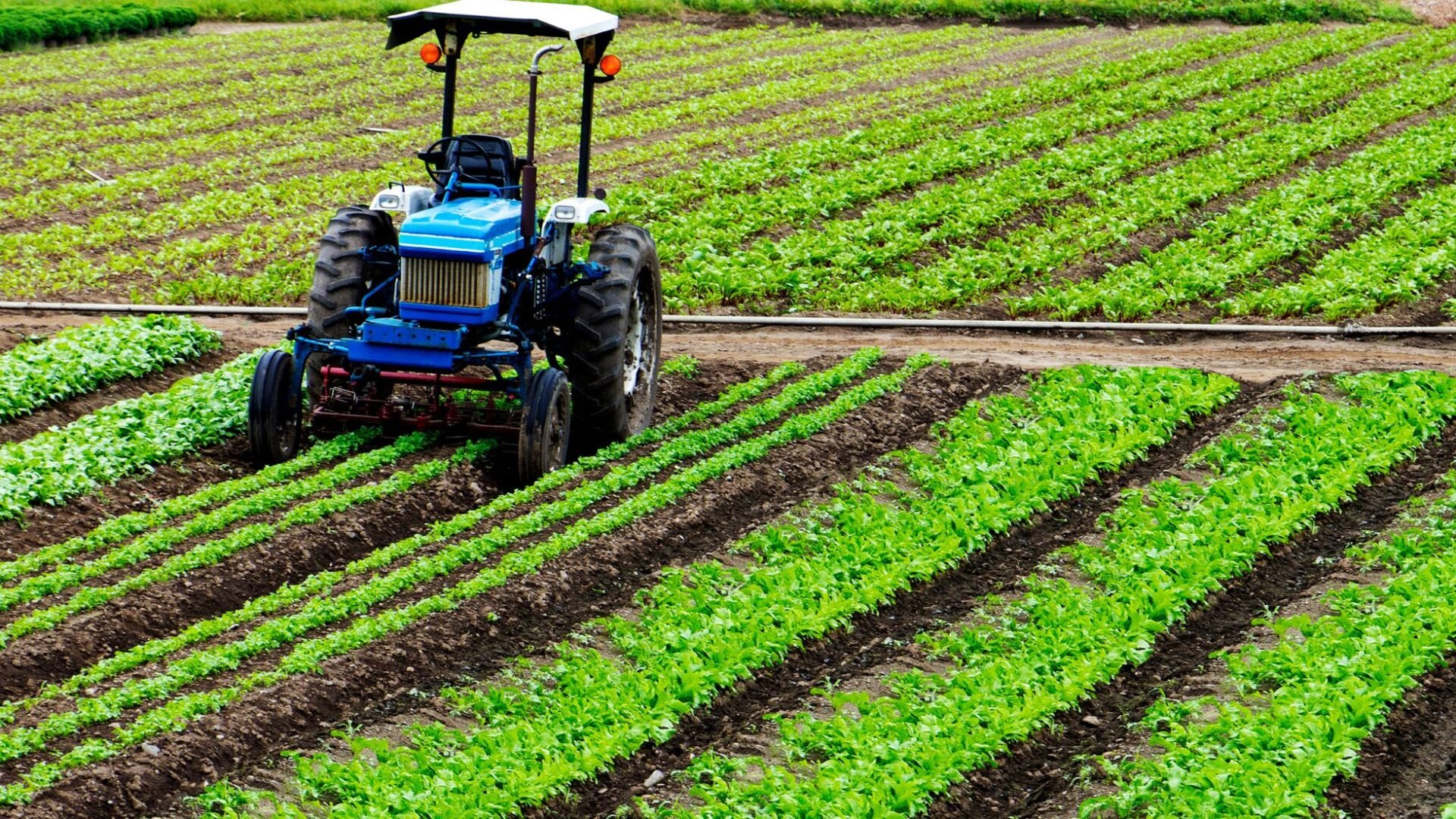Key takeaways
• President Trump’s trade deals have hit American farmers hard, forcing many into debt.
• A Virginia soybean grower says Trump let Argentina get a $40 billion bailout.
• Tariffs drove China away from U.S. soybeans, cutting farm income.
• The government shutdown delays farm aid payments during harvest.
• Rural America faces rising bankruptcies, foreclosures, and mental health struggles.
Why American Farmers Feel Betrayed
A Virginia soybean grower spoke out on national TV. He said President Trump broke his “America First” promise. Instead, he bailed out Argentina with $40 billion. Meanwhile, U.S. growers got nothing. That left many American farmers struggling. They lost their top customer, China, because of new tariffs. Now, with the government shut down, they face delayed payments and deep worry.
Tariffs, Trade War, and Soybeans
President Trump imposed high tariffs on Chinese goods. In return, China hit U.S. farm products. Soybeans took the hardest hit. Before the tariffs, China was America’s biggest soybean buyer. Then China found cheaper soybeans from Brazil and Argentina. As a result, U.S. soybean prices fell. Consequently, many growers saw income drop by 30 percent or more.
Moreover, farmers who had taken loans to expand their land found themselves unable to pay. Because of this, farm foreclosures are climbing. Farm suicides have also risen. In fact, many small towns in the Midwest and South feel the pressure.
Bailing Out Argentina and Leaving Farmers Out
Virginia farmer John Boyd called the bailout a slap in the face. He said Trump sent $40 billion to Argentina. Yet he ignored appeals from his own growers. Boyd farms only soybeans and cattle. He said Argentina used the money to boost its exports. Meanwhile, American farmers still can’t find buyers.
Furthermore, Boyd noted how Trump held up Argentina’s leaders at a White House dinner. He praised their agriculture plan. However, back home, U.S. growers got no praise. Boyd warned this deal hurt not just his state but the whole farm belt.
Shutdown Pain: Farmers on the Edge
In addition to trade woes, farmers face delays from the government shutdown. Many depend on annual aid payments made in October and November. Because the shutdown blocks those funds, they cannot pay loans or rent equipment. Boyd predicts more farms will go to auction soon.
Farmers describe empty bank accounts and growing bills. They can’t repair tractors or buy seeds for next season. Thus, they risk losing their only source of income. As winter nears, the worry grows heavier.
The Human Cost in Rural America
These problems go beyond numbers. They affect families and communities. Boyd said farm suicides are on the rise. Creditors push for foreclosure. Meanwhile, small towns lose businesses and schools.
Rural doctors report more patients with depression and anxiety. Local churches and food banks see more traffic. Parents skip doctor visits to buy feed. Children feel the strain when farms shut down. As a result, hope can feel hard to find.
What Lies Ahead for American Farmers
Farm advocates urge quick action. First, they ask Trump to reopen the government. That would restore farm payments. Then they want stronger trade deals that protect soybean growers and cattle ranchers. Boyd demands real support, not just promises.
He also calls for more talks with farm groups before any foreign aid. Only then can farmers trust leaders. Otherwise, the rural crisis will worsen.
Meanwhile, some Senators propose a new farm relief package. It could offer low-interest loans and crop insurance. However, that plan still waits for approval. Without it, many farms face an uncertain winter.
Farmers stress they do more than grow our food. They keep local economies alive. Consequently, losing farms means losing jobs in stores and factories. Thus, their battle touches the entire nation.
Finally, Boyd reminded viewers that a leader who lets his own government shut down looks weak abroad. He urged the president to show true strength at home first. Only then can he bargain from a position of trust.
Frequently Asked Questions
How did the Argentina aid impact U.S. soybean growers?
Argentina used the $40 billion to boost its crop exports. This move undercut U.S. soybean prices. As a result, many American farmers saw sales drop sharply.
Why has China stopped buying U.S. soybeans?
After the trade war began, China imposed tariffs on U.S. crops. In response, China shifted purchases to Brazil and Argentina, which sell at lower prices.
What happens to farm aid during a government shutdown?
Farm aid payments stop when the government shuts down. These funds usually arrive at harvest time. Without them, farmers struggle to pay loans and bills.
How are farm bankruptcies and mental health linked?
Financial stress from low prices and loan pressures can lead to depression. Sadly, rising foreclosures and bankruptcies also raise farm suicide rates. More support and open dialogue can help address these issues.
